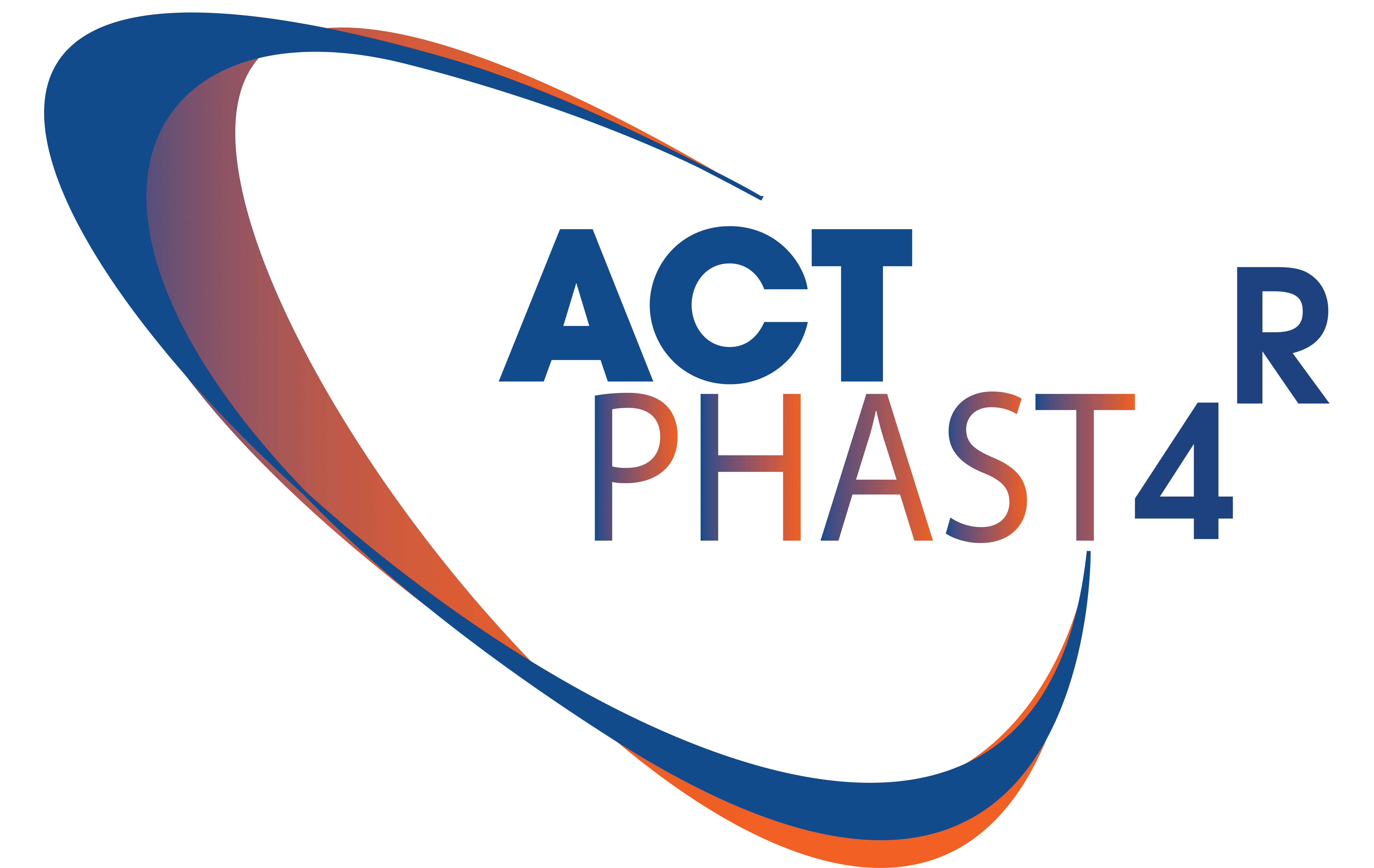CNR-IFN, National Council of Research of Italy, Institute of Photonics and Nanotechnology
The Italian National Research Council (CNR) is the largest public research institution in Italy, the only one under the Research Ministry performing multidisciplinary activities. The CNR mission is to perform research in its own Institutes, to promote innovation and competitiveness of the national industrial system, to promote the internationalization of the national research system, to provide technologies and solutions to emerging public and private needs, to advice Government and other public bodies, and to contribute to the qualification of human resources.
CNR participates to the project with the Institute for Photonics and Nanotechnologies (CNR-IFN), which belongs to the Department of Physical Sciences and Technologies of Matter. CNR-IFN carries out innovative research in the fields of photonics and of nanotechnologies considering both fundamental aspects and applied research, including the development of novel photonic devices and systems, optoelectronic equipment, and electronics devices. CNR-IFN is tightly integrated with the national scientific community and collaborates with the major international Universities and research centres through targeted projects funded by main national and international agencies and foundations. The Institute is very active also in knowledge and technology transfer and in education, training and science dissemination activities. CNR-IFN consists of 6 Units located in Milan (headquarters), Rome, Padua, Trento, Bari and Lecco. The core activities in ACTPHAST 4R will be carried out by the Units of Milano, Rome and Padua.
CNR-IFN Rome: The Rome facility has a strong recognised expertise in micro and nanofabrication, micromachining and soft lithography, aimed at photonics, electronics and interdisciplinary applications. Key strength of the facility is the versatility both from processing and access point of view. Fabrication can be carried out on both small samples and 4 inches wafers with a high capability of mix and match with other technological platforms, with the aim of developing integrated prototypes. The main activities of IFN are focussed on quantum technologies, photonics, sensors, detectors and biological application (organs on chip and lab on chip).
Strong collaborations with research institutions (universities, governmental and private institutes) and industries have been established in the frame of national and international projects. Technology transfer activities are currently carried on with SMEs and large companies (in particular Leonardo Company).
CNR-IFN Padova: The CNR-IFN Padua unit has a wide recognized experience in the development of optical instrumentation. The main research lines of the laboratory are: instrumentation for space optics, extreme ultra violet optics, thin films deposition, quantum communication, adaptive optics, technology transfer. We recently developed a table top EUV-VUV polarimetry system for metrology and diagnostic. The laboratory system is very promising for materials science investigation, characterization of phase retarders, polarizers, and optical elements.
A new research line in adaptive optics applies a vertical devices development that starts from the device opto-mechanical modelling to the device mounting and testing. IFN has fostered several adaptive optics applications in different fields: ophthalmology, high power, astronomy, laser focalization and quantum optics.
CNR-IFN Milan: The CNR-IFN Milan Unit has a consolidated experience in femtosecond-laser material processing. In particular, Milan expertise is mainly focused on fs laser micromaching for the realisation of photonic and quantum circuits in transparent dielectric materials (glasses and crystals, in particular diamond), of micro-optofluidic chips for applications to biological studies and to water splitting, and for surface functionalisation (e.g. control of PMMA wettability, control of metal surface oxidation, black silicon, etc.)
The microfabrication laser systems are based on fs lasers (near IR with frequency doubling stage) and they are equipped with nanometre resolution 3D motion stages. For the fabrication of microfluidic chips, a chemistry lab is available with the equipment for wet chemical etching. Polarized micro-Raman spectroscopy is used for the characterization of the microstructural laser-induced modifications. Moreover, waveguide and microfluidics chips structural and functional characterization equipment is available for full testing of the realized devices.


